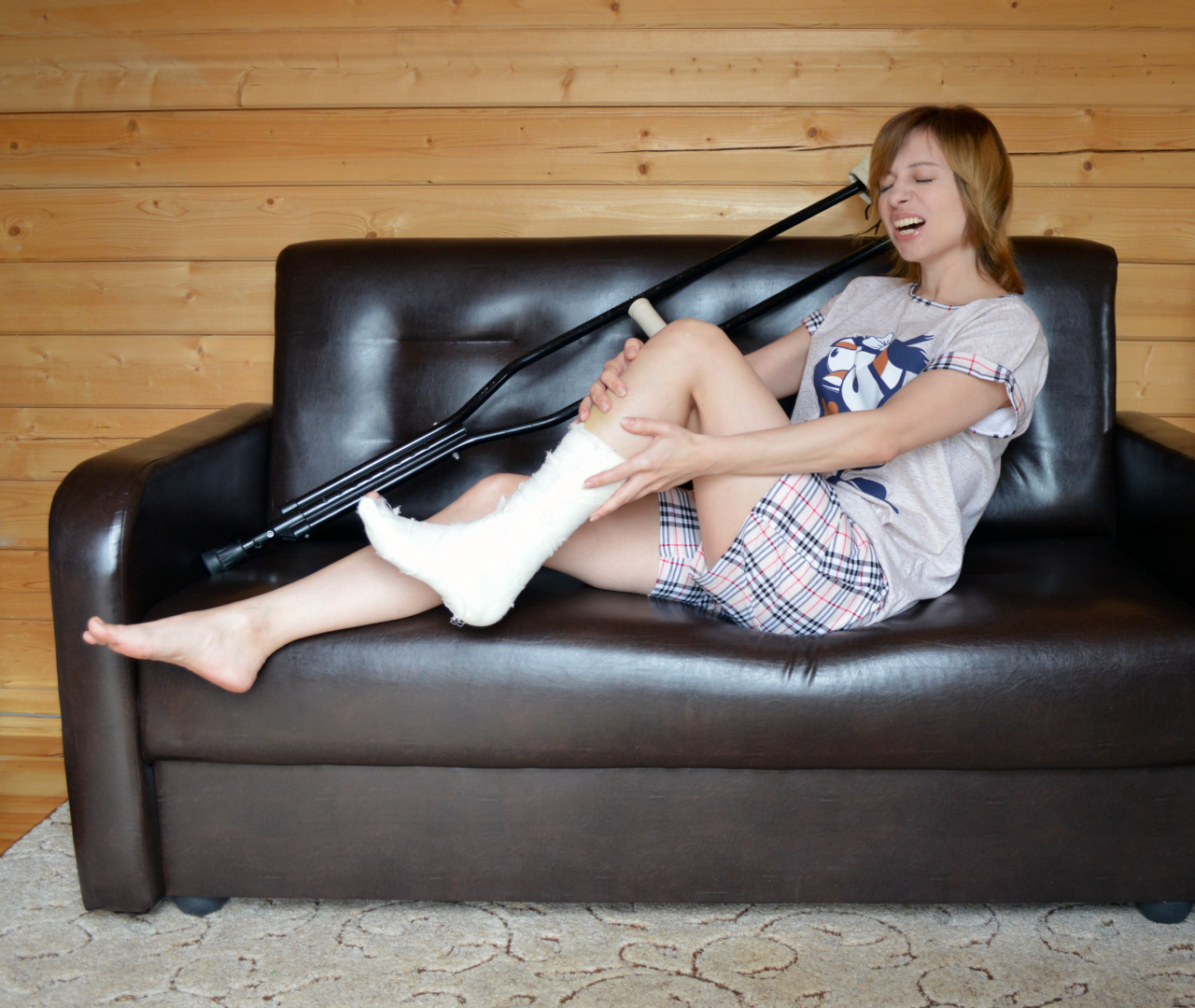Whether you’re an athlete, a fitness enthusiast, or simply someone who pushed themselves a little too hard during their last workout, dealing with sore muscles can be a frustrating experience.
Muscle soreness, also known as delayed onset muscle soreness (DOMS), typically occurs within 24 to 48 hours after intense physical activity or exercise. However, with the right techniques, you can speed up your recovery process and get back to feeling your best in no time. In this article, we will explore some effective tips to help you recover from muscle soreness.
1. Rest and Recover
One of the most important aspects of muscle recovery is giving your body enough time to rest and heal. When you engage in strenuous physical activity, you create microscopic tears in your muscle fibers, leading to soreness.
Taking a day or two off from intense workouts can help your muscles repair and rebuild themselves.
2. Stretching and Flexibility Exercises
Incorporating stretching and flexibility exercises into your post-workout routine can greatly aid in the recovery process.
Gentle stretching helps to improve blood circulation to the muscles, reducing inflammation and providing essential nutrients for repair. Focus on stretching all major muscle groups to relieve soreness and enhance flexibility.
3. Hydration is Key
Staying hydrated is crucial for various bodily functions, including muscle recovery. Drinking an adequate amount of water helps to flush out toxins and waste products accumulated in the muscles during exercise.
It also keeps your muscles well-nourished and lubricated, promoting optimal recovery.
4. Apply Ice or Heat
Applying ice or heat can alleviate muscle soreness and speed up the recovery process. Ice helps to reduce inflammation and numb the area, which can provide immediate relief.
On the other hand, applying heat through a warm compress or a warm bath can improve blood circulation and relax the muscles.
5. Get a Massage
A massage is not only a great way to unwind and relax but can also be beneficial for muscle recovery.
Massage therapy helps to increase blood flow, reduce inflammation, and break up scar tissue, allowing your muscles to heal and recover more efficiently. Consider scheduling a professional massage or using self-massage techniques such as foam rolling.
6. Eat Nutrient-rich Foods
Proper nutrition plays a vital role in muscle recovery. Consuming a balanced diet that includes a variety of nutrient-rich foods can provide your muscles with the necessary building blocks for repair.
Focus on incorporating lean proteins, whole grains, fruits, and vegetables into your meals to support optimal recovery.
7. Take Supplements
In addition to a healthy diet, certain supplements can aid in muscle recovery.
Branched-chain amino acids (BCAAs), creatine, and omega-3 fatty acids are some supplements that have shown promising results in reducing muscle soreness and promoting recovery. However, it’s important to consult with a healthcare professional before starting any new supplement regimen.
8. Get Enough Sleep
Sleep is when your body performs most of its healing and regenerative processes. Aim for a good night’s sleep of at least 7-8 hours to allow your muscles to rest and recover.
Lack of sleep can hinder muscle recovery and increase feelings of soreness and fatigue.
9. gradually Progress Your Workouts
If you’re constantly pushing your limits without allowing for proper adaptation, you’re more likely to experience muscle soreness.
Gradually increasing the intensity and duration of your workouts gives your muscles time to adjust and adapt, reducing the chances of excessive soreness.
10. Listen to Your Body
Lastly, the most important tip for a full recovery is to listen to your body. Pay attention to how your muscles feel and adjust your workouts accordingly.
Pushing through severe pain or ignoring your body’s warning signs can lead to more significant injuries and prolonged recovery periods. It’s okay to take it easy and modify your routine whenever necessary.





























